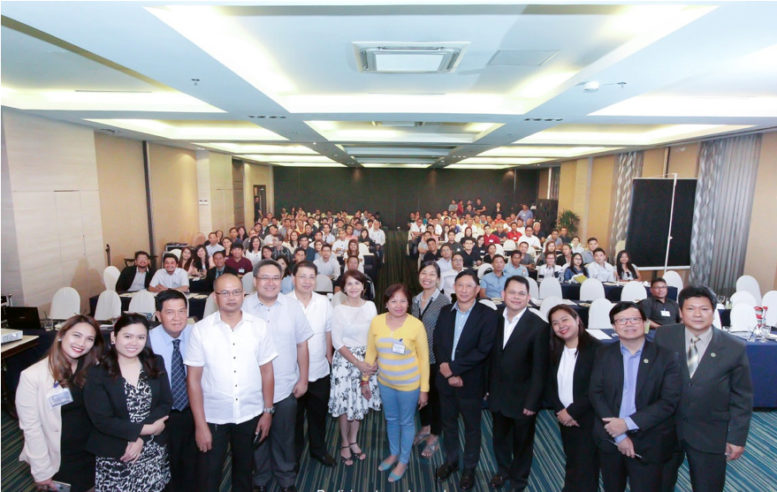The Philippine Register of Shipping (PRS), the country’s first and largest classification society, has embarked on a rebranding while expanding its services to support its aim of safer shipping and increase its client base in the growing domestic fleet.
Engr. William Hernandez, president of Philippine Register of Shipping (PRS), says the service expansion is to meet the

PRS President Engr. William B. Hernandez
demand from the changing
maritime landscape in the Philippines and is a response to the call for safer ships in the country. Engr. Hernandez has noticed the growing vessel maintenance demand from the increasing vessel tonnage in the domestic shipping market.
The original PRS, which only provided classification services, has now splintered into two separate companies, namely the PRS Technical Services Inc. and PRS Quality Assurance Inc. The PRS Tech Services provides third party inspection for shipowners, shipmanagers, cargo and hull underwriters and P&I Clubs. The quality Assurance subsidiary renders third party quality assurance certification for ship managers, shipowners and suppliers services and equipment.
According to Engr. Hernandez, the nation’s Maritime Industry Authority (MARINA) has enforced the rules on partition and damage stability requirements for Philippine-registered domestic ships and the imposition outlines the requirements of an IMO SOLAS provision that are based on the probabilistic concept, using the probability of survival as measured of ships safety in a damage condition. The implementation of its rule required powerful analytic stability calculations from shipping companies.
“There’s a strong push at present to strengthen the maritime safety regime in the Philippines, especially with the reissuance of MARINA circular that benchmarks best practices with other maritime nations like Japan and China, which may lead to a Philippine government single class,” says Engr. Hernandez. The Southeast Asian nation has one of the poorest maritime safety records in the world.
Engr. Hernandez reckons one of the major challenge PRS is facing is the need to reinforce with shipowners the concern of proper maintenance of their vessels, where safety of the ship, cargo, crew and passengers are of paramount importance.
Another challenge, according to Hernandez, is the cut-throat competition that the other domestic classification societies are employing.
“Table-top survey is being carried out and certificates issued at bargain prices. This means class certificates are being issued without any inspection carried out to determine the actual condition of the vessel. Vessels in a very dismal condition and considered no longer fit for their intended purpose are being given full term certificates without any recommendation or any repairs being done, which is an unacceptable business practice that the other domestic classification societies are employing,” Engr. Hernandez says.
“For the short and medium term goal, PRS wants to achieve its goal to be the single classification society in the Philippines whose standards are at par with those of IACS. Through this, we will also achieve the preferred class status that will ensure the implementation of the safety of the Philippines fleet,” Engr. Hernandez concludes.
